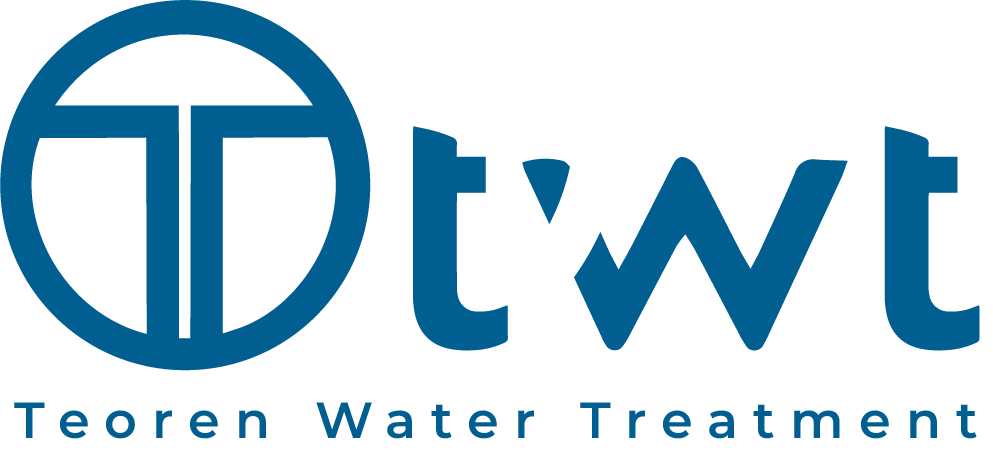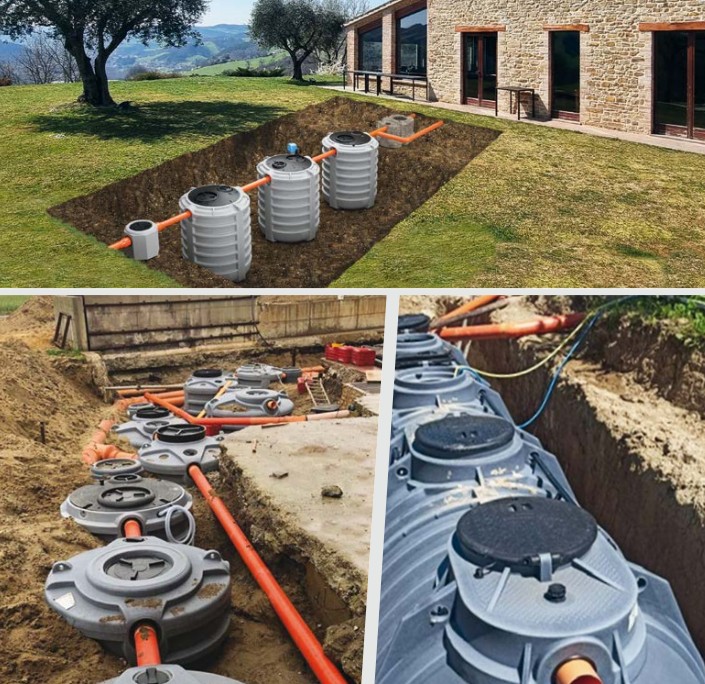In the realm of wastewater treatment, biological processes stand out as one of the most sustainable and effective methods for purifying water. By harnessing the power of microorganisms and natural processes, biological treatment systems offer a eco-friendly solution to the global challenge of water pollution. In this blog, we’ll delve into the fascinating world of biological treatment of wastewater, exploring its mechanisms, benefits, and applications.
Understanding Biological Treatment:
Biological treatment involves the use of living organisms, such as bacteria, fungi, and algae, to degrade and remove contaminants from wastewater. These microorganisms feed on organic matter present in the water, breaking it down into simpler, less harmful substances through biochemical reactions. The process mimics natural purification mechanisms, but in a controlled environment optimized for efficiency.
Types of Biological Treatment:
There are several methods of biological wastewater treatment, including:
- Activated Sludge Process: This widely used method involves aerating wastewater to promote the growth of aerobic bacteria, which consume organic pollutants. The treated water is then separated from the activated sludge biomass, resulting in clean effluent.
- Trickling Filters: In this process, wastewater is trickled over a medium, such as rocks or plastic media, where microbial biofilms form and degrade organic matter as the water passes through.
- Constructed Wetlands: Utilizing natural wetland vegetation and microorganisms, constructed wetlands provide a natural filtration system for wastewater, removing pollutants as water flows through the plant roots and soil.
- Sequential Batch Reactors (SBR): SBR systems cycle wastewater through different stages of treatment in a single tank, allowing for biological processes such as aeration, settling, and decanting to occur sequentially.
Benefits of Biological Treatment:
- Environmental Sustainability: Biological treatment relies on natural processes, minimizing the need for harsh chemicals and reducing energy consumption compared to traditional treatment methods.
- Cost-Effectiveness: Once established, biological treatment systems can be more cost-effective to operate and maintain over the long term, particularly in areas where energy and chemical costs are high.
- Versatility: wastewater treatment can be adapted to treat various types of wastewater, from municipal sewage to industrial effluents, making it a versatile solution for diverse water management challenges.
Applications and Future Trends:
Biological treatment is widely used in municipal wastewater treatment plants, but its applications extend to industries such as food and beverage, pharmaceuticals, and agriculture. As advancements in biotechnology continue, we can expect to see further innovations in treatment processes, including the integration of new microbial strains, enhanced nutrient removal techniques, and decentralized treatment solutions.
In conclusion, biological treatment offers a sustainable and efficient approach to wastewater management, aligning with our goal of preserving and protecting precious water resources for future generations. By embracing nature’s own mechanisms, we can mitigate water pollution and move towards a more sustainable water future.






